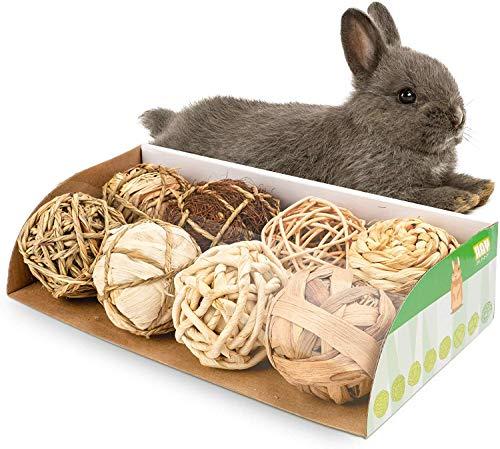Rabbit breeding is a widespread practice among farmers and animal enthusiasts alike. It involves breeding rabbits for a variety of purposes, such as meat, fur, pets, or laboratory research. While it may seem like a simple process, several important considerations need to be taken into account for successful rabbit breeding. In this article, we will discuss some of the critical factors that are essential for rabbit breeding.
Selecting the Right Breeding Stock
The success of rabbit breeding largely depends on selecting the right breeding stock. It is crucial to choose rabbits that are healthy, have good temperaments, and meet the desired breed standards. Additionally, it is important to select rabbits that are not closely related to avoid inbreeding and the associated negative consequences.
Housing and Feeding
The housing and feeding of rabbits play a critical role in their health and well-being, affecting their reproductive success. Rabbits need clean, dry, well-ventilated accommodation that protects them from extreme temperatures and predators.
The housing should be spacious enough for the rabbits to move around freely and have access to clean water and food. Feeding rabbits a balanced diet that includes hay, fresh vegetables, and a small amount of pellets is essential for their overall health and reproductive success.
Breeding Techniques
Rabbit breeding techniques vary depending on the desired outcome. The most common approach is natural breeding, which involves allowing a buck (male rabbit) to mate with a doe (female rabbit) naturally. However, artificial insemination is also an option for rabbit breeding.
This involves collecting semen from a buck and introducing it into a doe's reproductive tract. Artificial insemination can be helpful in situations where natural breeding is not possible due to geographical or logistical barriers.
Managing Pregnancy and Birth
Pregnancy and birth in rabbits are relatively short and can last from 28 to 32 days. During pregnancy, it is vital to monitor the doe's health and ensure that she is receiving adequate nutrition. In the last few days before birth, the doe should be provided with a nest box and nesting materials such as hay or straw.
After delivery, the kits (baby rabbits) should be left undisturbed for the first few days to allow them to bond with their mother. Monitoring the kits' health and ensuring they gain weight and receive adequate nutrition is also important.
Breeding Records
Keeping accurate breeding records is essential for successful rabbit breeding. This includes keeping track of breeding dates, litter sizes, and any health issues that may arise. Good breeding records can help identify successful breeding pairs, track genetic traits, and avoid inbreeding.
On a final note
Rabbit breeding can be a rewarding and profitable venture if done correctly. Selecting the right breeding stock, providing adequate housing and nutrition, using appropriate breeding techniques, managing pregnancy and birth, and keeping accurate breeding records are all essential factors for successful rabbit breeding. With proper care and attention, rabbit breeding can provide owners and enthusiasts with a sustainable source of meat, fur, or pets.
Source: https://riosmith.livepositively.com/Key-Factors-Essential-for-Rabbit-Breeding/new=1
